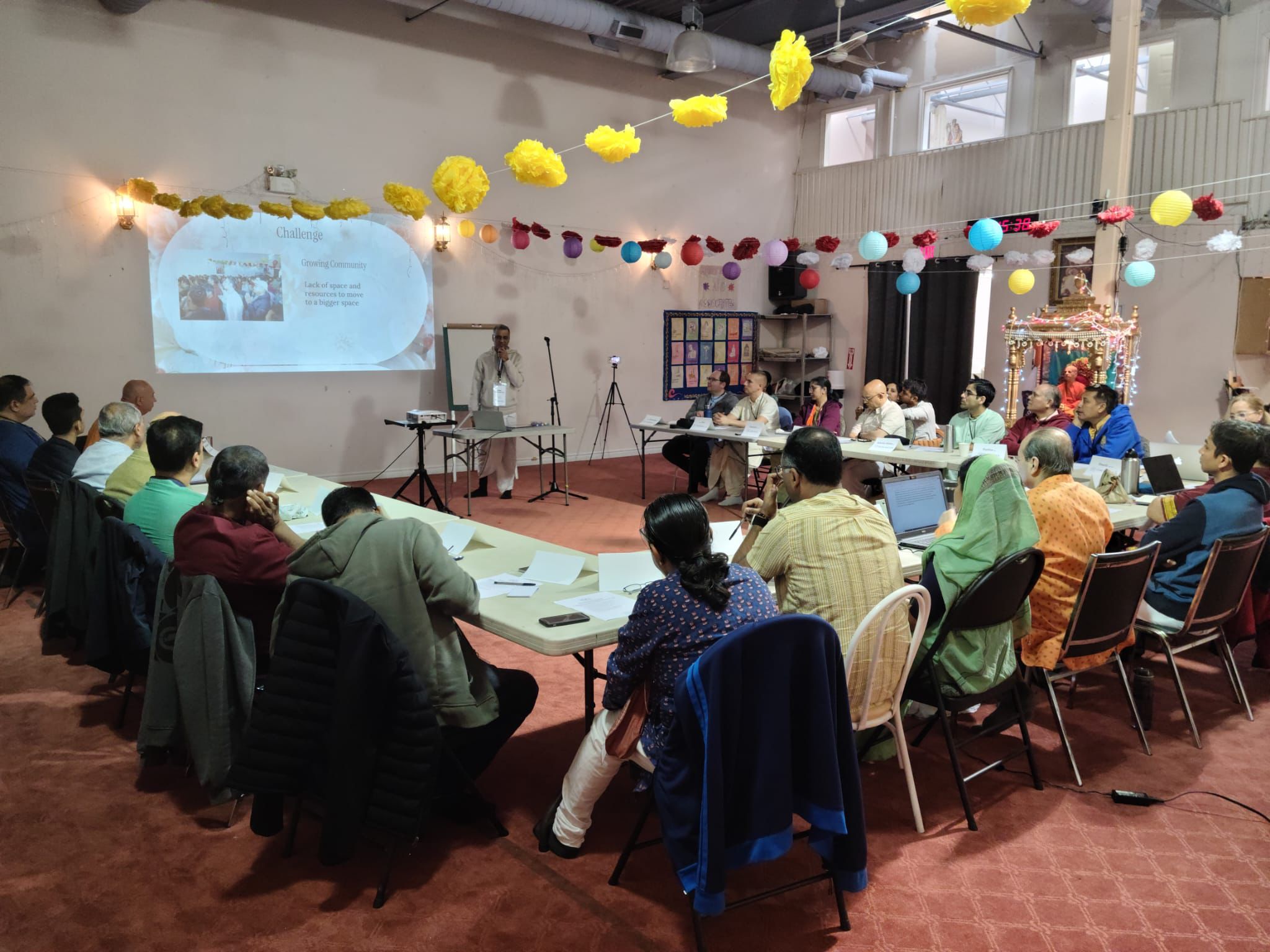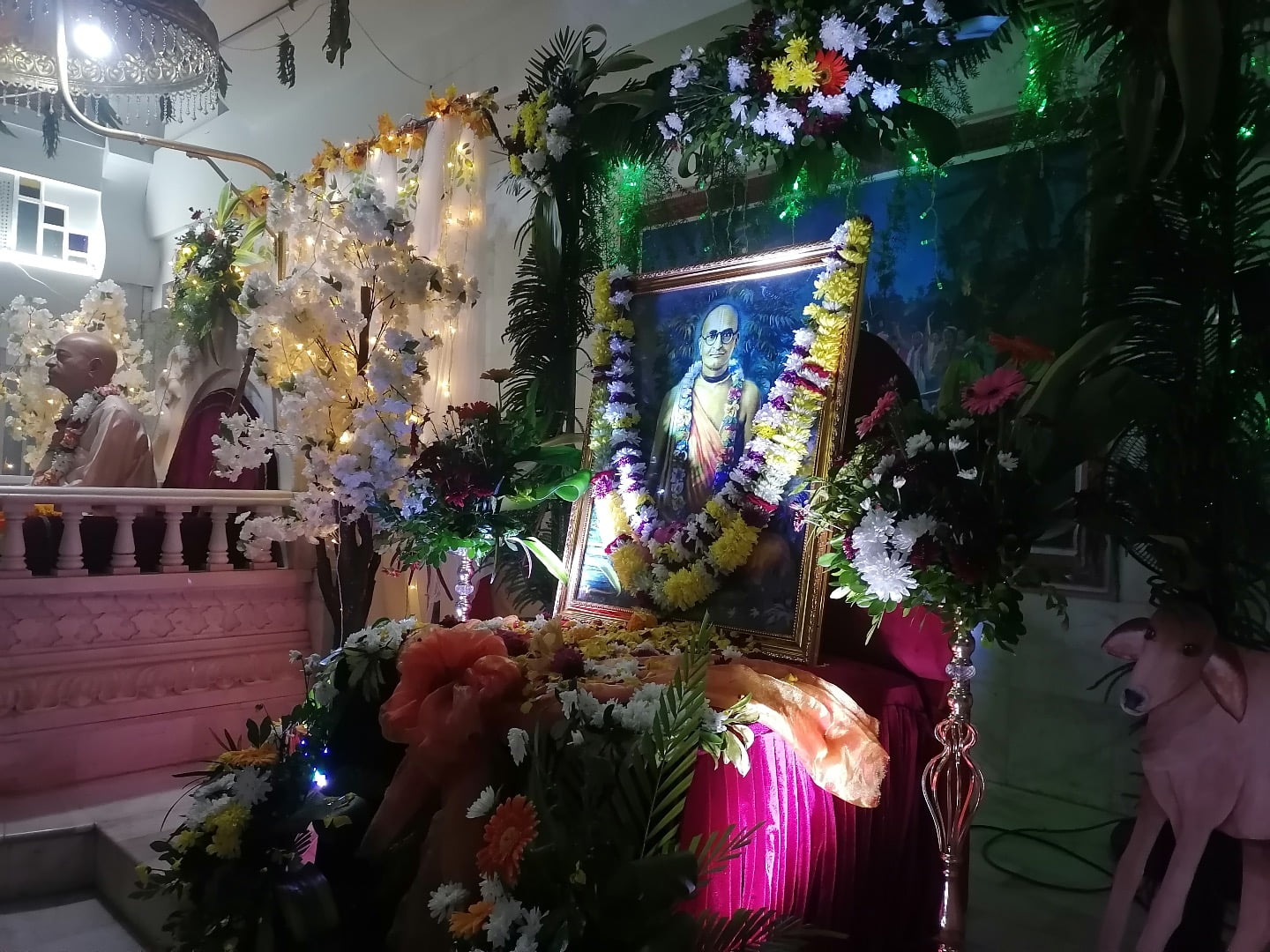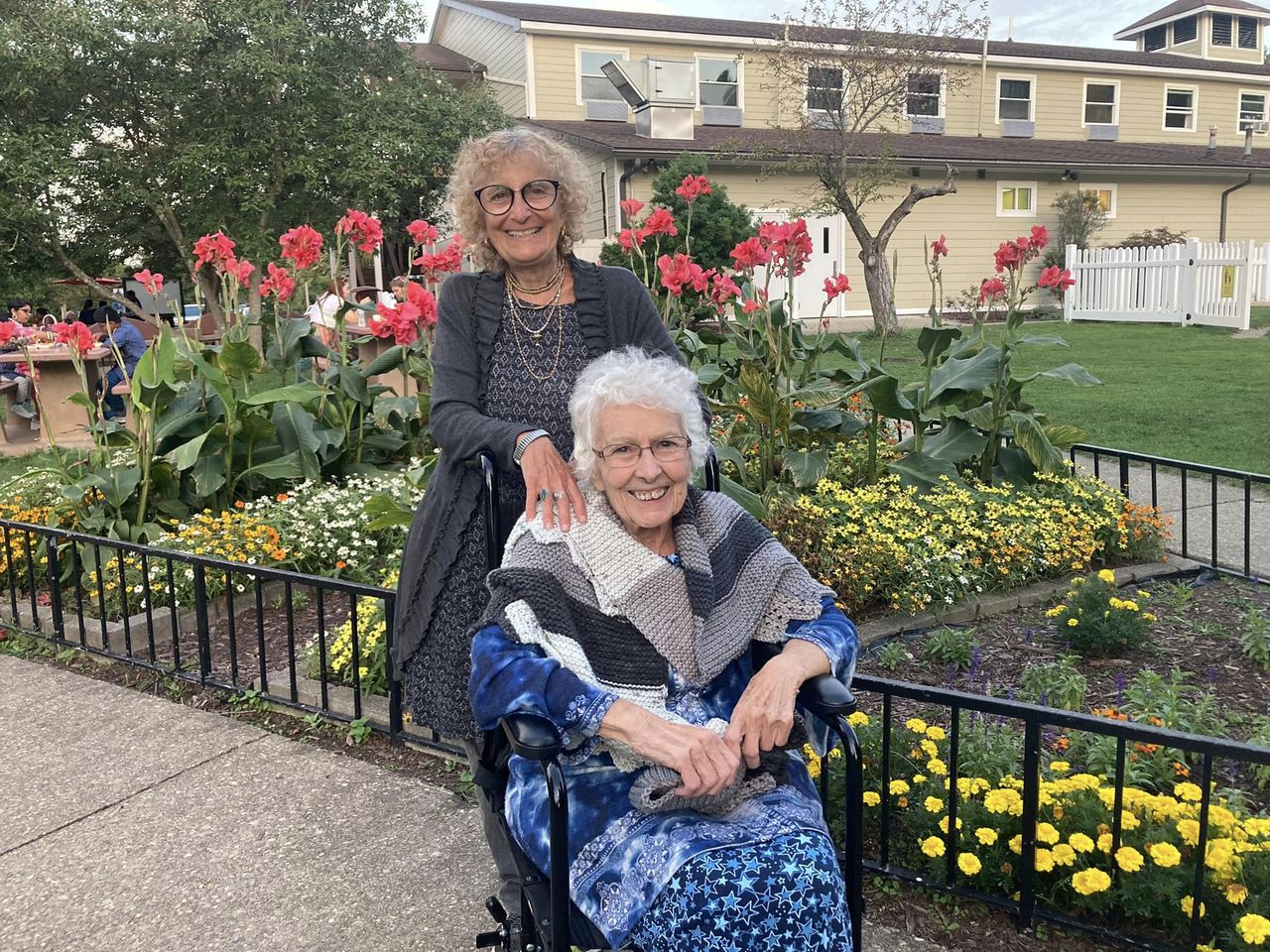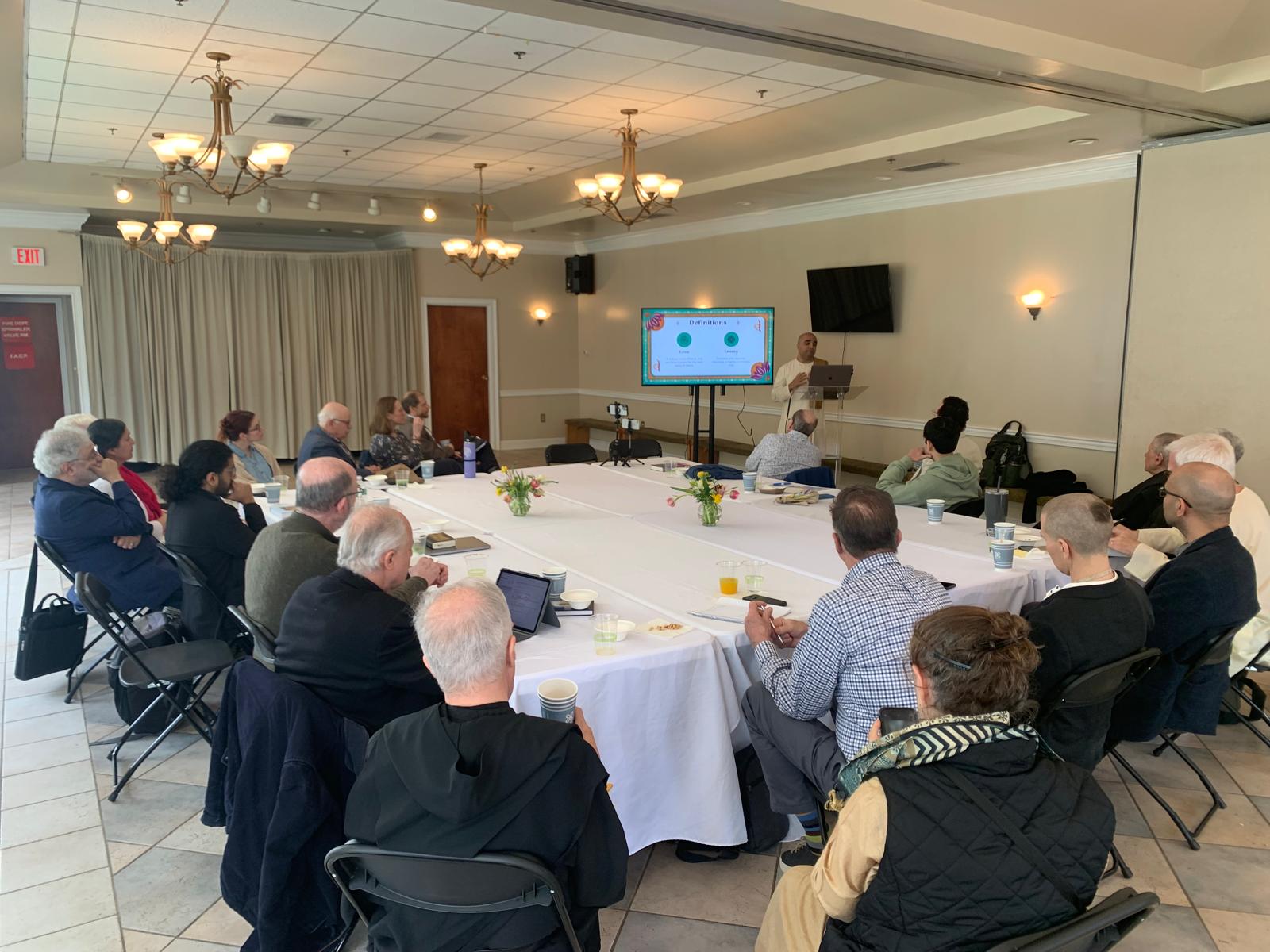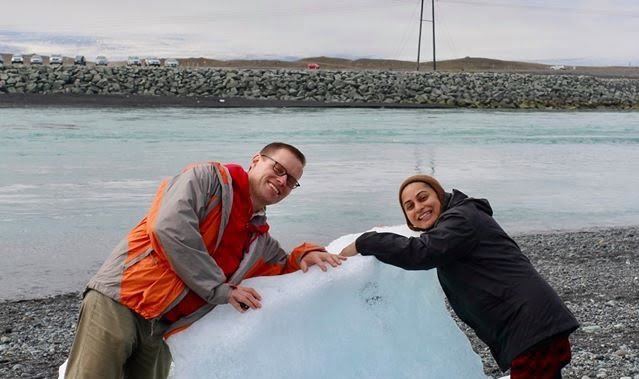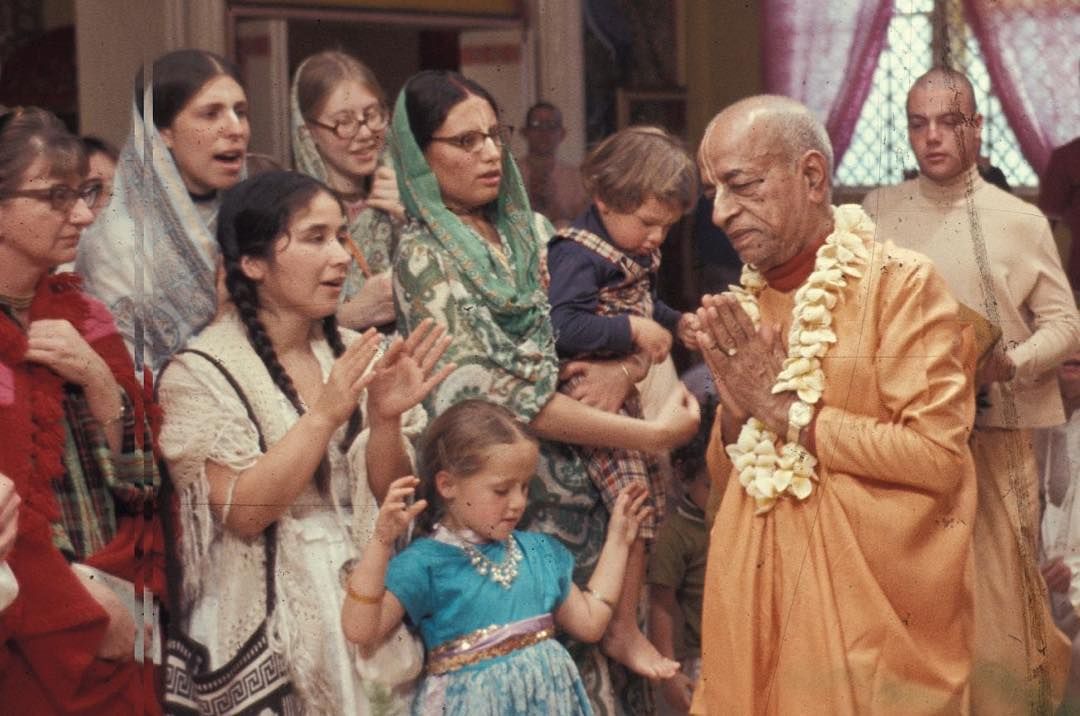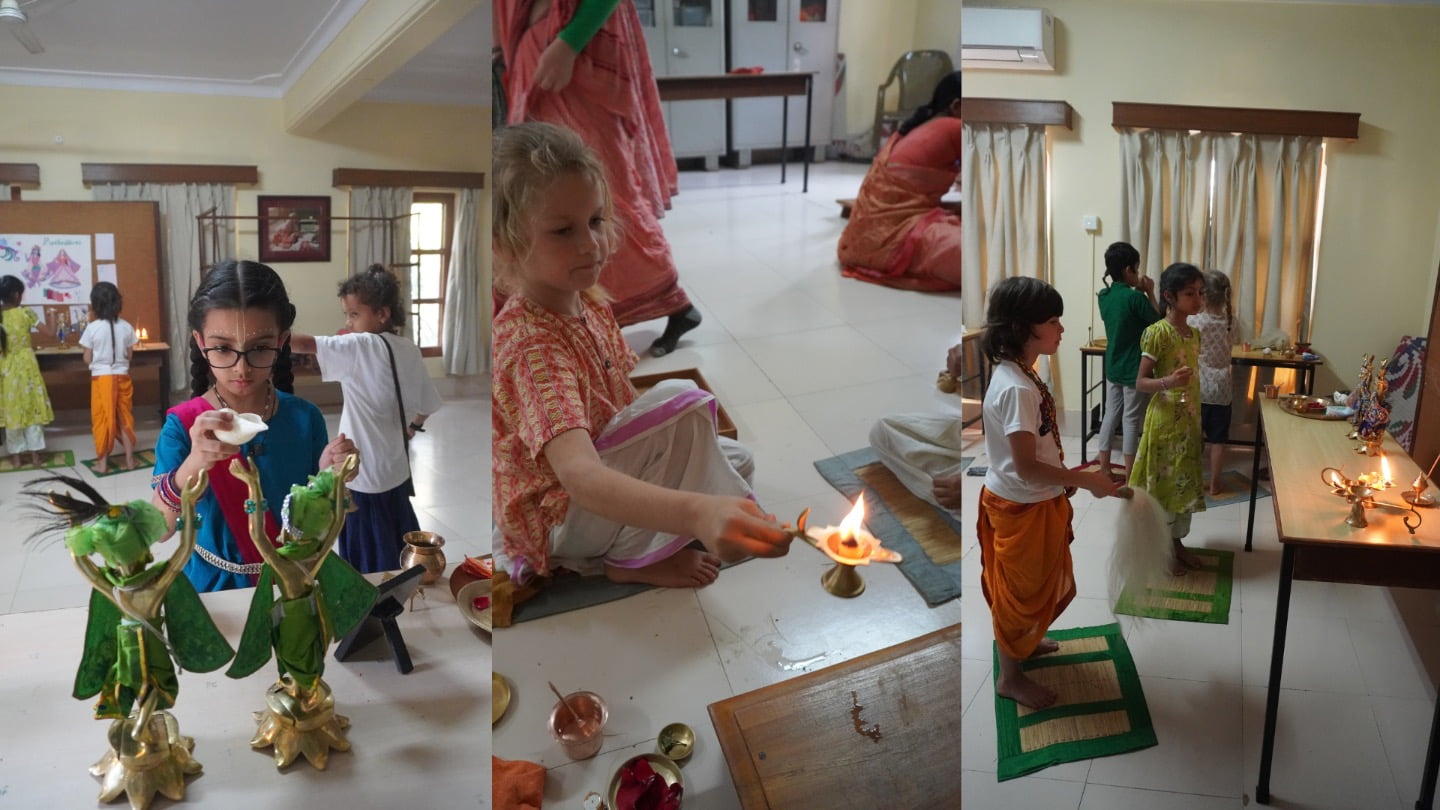Mayapur Convention Extends Care to Tribal Peoples of India
By Madhava Smullen | Apr 09, 2015
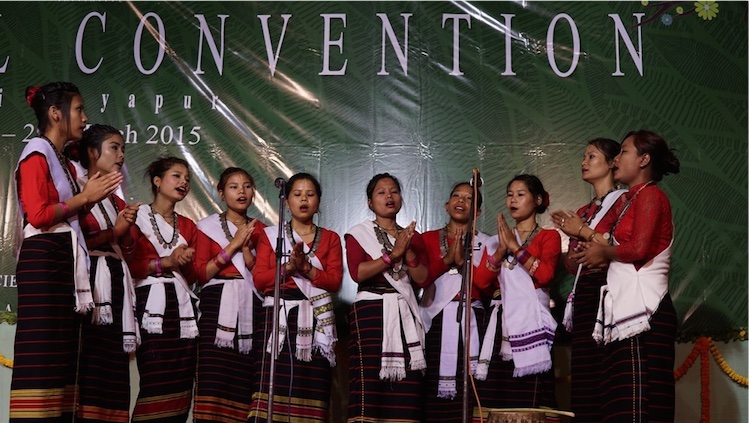
Over 650 tribal people from six different states in India attended the second annual ISKCON Tribal Convention from March 26th to 29th in Mayapur, West Bengal this spring.
The event was organized by ISKCON Tribal Care (ITC), which provides spiritual, educational, emotional, social and health care to tribal communities throughout India.
Twenty-seven tribes were represented at the convention. They included members of the Ahom, Karbi, and Dimasa tribes from Assam; the Muchi, Munda, and Santal from West Bengal; the Lodha from Jharkhand; the Bhuyam, Kurmi and Tanty from Odisha; and the Tripuri and Riang from Tripura.
In his inauguration speech on Thursday the 26th, ITC Director Bhakti Purusottama Swami said he was happy to see how far the organization had come in just two years, and credited its success to the “eagerness and enthusiasm shown by the tribal people.”

Bhakti Purusottama Swami gives his inauguration speech
He described some of ITC’s efforts and said, “As devotees of Sri Chaitanya, who distributed love of Godhead, it is our duty to extend love and care to one and all. To love God means to love His creation also. Every living entity is a part and parcel of God. And everyone needs love and care irrespective of their social backgrounds.”
The Indian Government’s Minister of State for Rural Development, Sudarshan Bhagat, also addressed the crowds, talking about the plight of the tribals as so-called “modern development” destroyed the forests that are the backbone of their lives, thus endangering their economic development, education and health.
But, he said, “It’s really a turning point when a society like ISKCON has taken up their cause, and I feel a bright future is awaiting them.”
Governor Padmanabh Bhattacharya, a great well-wisher of ISKCON who played an instrumental role assisting Srila Prabhupada in the early days of the society in Mumbai, also spoke.

A tribal guest is presented with a picture of Lord Nrsimhadeva
“This is the first time in Indian history the top leaders of a strong religious society have come forward for the cause of tribals,” he said. He praised Prabhupada’s success in caring for the whole world, and requsted his Western followers to spend time with the tribals to inspire them in spiritual values, and to take up the cause of a people who have been neglected as the popularity of passionate materialistic city life expands in India.
Meanwhile ISKCON Mayapur co-director Jayapataka Swami reminded everyone that the tribal people are very dear to the Lord, describing how during Krishna’s pastimes in Vrindavana, they would cover their bodies with the dust of His lotus feet; and how Lord Jagannath as Nila Madhava would accept the offerings of tribal king Biswabasu.
“By serving the tribal people,” he said, “We will satisfy Lord Krishna.”
Throughout the convention, organizers including Bhakti Purusottama Swami and ITC chief coordinator Sridam Govinda Das designed a special program to give tribal visitors a taste of temple life and Gaudiya Vaishnava practices.
Each day began with Mangala arati in the temple at 4:30am, followed by an outdoor program from 5.30 to 8.30am. On March 27th, this involved a gorgeous Ganga Puja ceremony on the banks of the Ganga, followed by a dance, stories about the glories of the Ganga, prasadam and some discussion on keeping India’s rivers clean.

Tribal performance
On the morning of the 28th, the holy appearance day of Sri Ramachandra, there was a go-puja at Mayapur’s cow protection shelter (goshala), while Dr. Sahadev Das from Andhra Pradesh gave a presentation on the importance of cows and cow protection.
“This year’s Tribal Convention was subtitled ‘The festival of Go, Ganga and Gita,’” says Bhakti Purusottama Swami. “And as tribal people live with mountains and rivers in a natural way, it is very befitting that a celebration of worshiping cows and the river Ganga took place.”
Each day of the convention also included a noon program held at ISKCON Mayapur’s Gita Bhavan, during which Bhakti Purusottama Swami and other ITC leaders gave presentations on ISKCON Tribal Care’s current activities and plans for the next year.
For example in spiritual care, ITC will place Bhagavad-gitas and small altars in tribal communities; build prayer halls; and publish Krishna conscious books in tribal languages. In educational care, they will set up primary schools, provide scholarships and study materials, and sponsor students for higher education at Vrindavan Gurukula. And in health care they will establish health camps and first aid health centers.
Devotees also plan to promote tribal cultural programs among international audiences during Mayapur’s Gaura Purnima festival; hold major tribal festivals with mass prasadam distribution; and help tribal people with developing cottage industries.

Tribal performance
As well as ITC’s presentations, the Gita Bhavan programs also featured tribal people introducing their groups and sharing fascinating experiences of simple forest village life.
Every evening, a stage program with tribal dances as well as performances by ISKCON devotees was held at Srila Prabhupada’s park in front of Mayapur’s Lotus building. On the 27th, there was a trip to Srila Prabhupada’s Samadhi, and on the 28th, one to Yogapitha, the birthplace of Sri Chaitanya Mahaprabhu. There where also daily recitations from the Bhagavad-gita.
On March 29th, the last day of the convention, the ISKCON Tribal Care Initiative donated several thousand rupees to two tribal schools.
Meanwhile Bhakti Purusottama Swami and Sridham Govinda Das gave mridangas, laminated pictures of Mayapur’s Deities, and beautiful paintings of Prabhupada and Krishna Balaram to their tribal guests. Jayapataka Swami also handed out gift bags containing holy Ganga water and kartals to each tribal family.
The convention concluded at noon that day with a delicious feast.
“The tribal people were very happy with their visit, and commented that it was very educational for them,” says Bhakti Purusottama Swami.
Overall, he feels, the event deepened relationships between Mayapur devotees and tribal people as they shared each other’s cultures and gained mutual appreciation.



